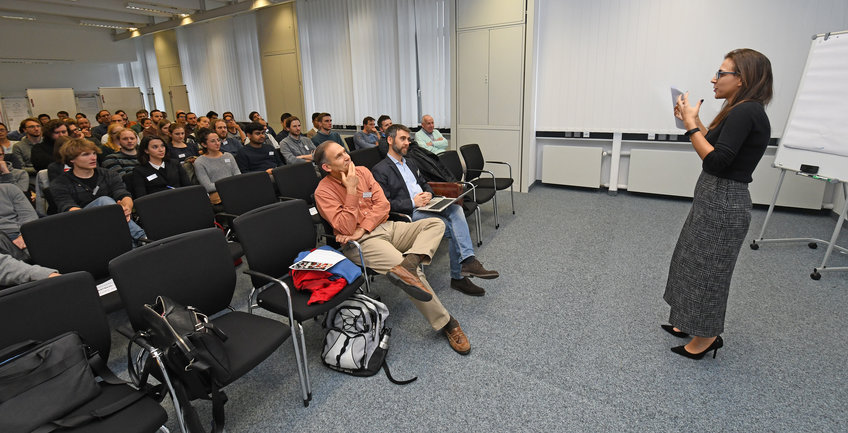
Kolloquien
Das MPQ-Kolloquium findet dienstags statt und beginnt um 14.30 Uhr.
Das MCQST-Kolloquium findet dienstags statt und beginnt um 14:00 Uhr.
Der Veranstaltungsort ist der Herbert-Walther-Hörsaal.
Details zur Online-Teilnahme werden über die Mailing-Listen [wiss-mpq] und [Mpq-colloquium-stream] versandt. Bitte registrieren Sie sich hierzu über den nebenstehenden Link.
Ansprechpartner für die wissenschaftliche Organisation: Dr. Stephan Dürr und Prof. Thomas Udem